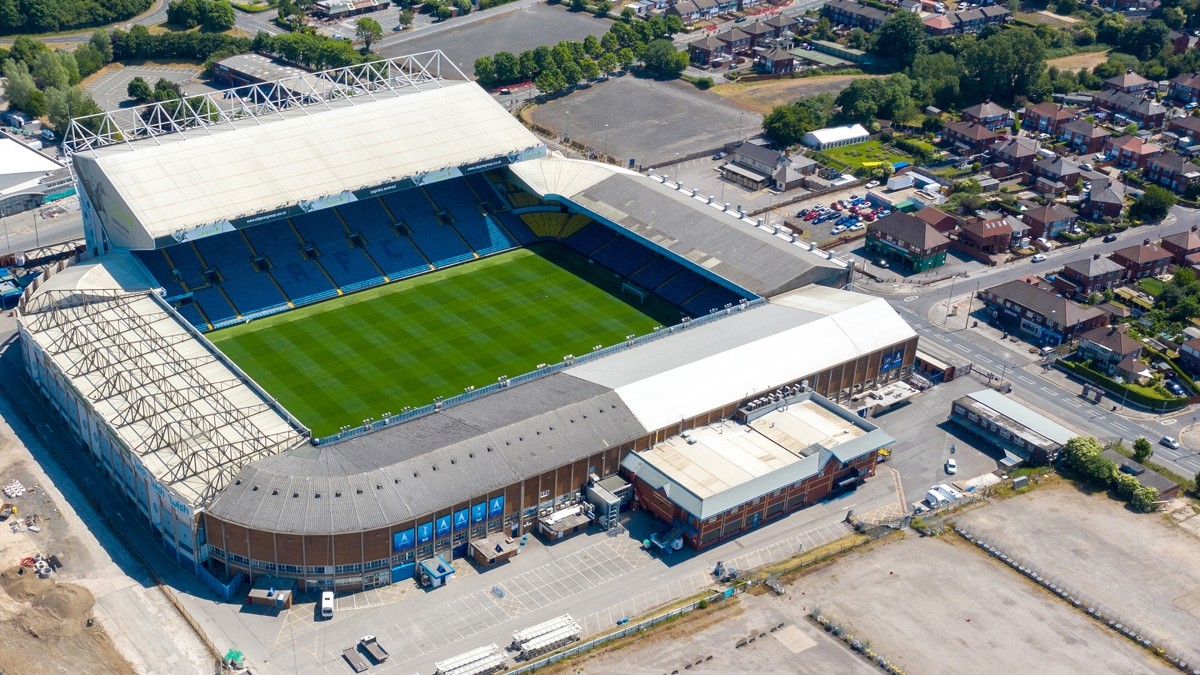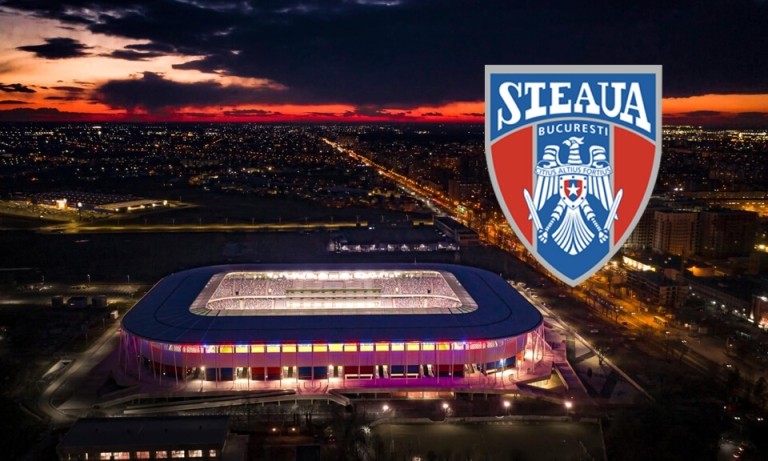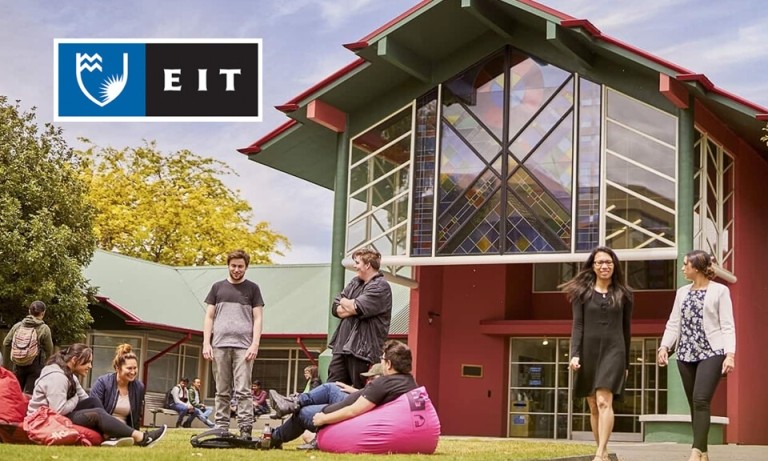Allied Telesis has excellent solutions for building resilient, stable networking infrastructure. A switch could fail or something else could fail and the network is still hitless and faultless. The network stays up and can cope with the data used around the stadium.
Head of Networking at NETprotocol
Leeds United Football Club is one of England's most successful soccer clubs, having been crowned First Division champions on three occasions. The "Whites" have also won the FA Cup, League Cup and Charity Shield and have enjoyed success in European competitions several times throughout the club's history.
Leeds United has been at home at the Elland Road Stadium in Leeds, West Yorkshire, England, since the club's formation in 1919. With a capacity of nearly 38,000 seated fans, the stadium is England's 14th largest football ground.
The stadium has undergone numerous renovations and upgrades over the years, including the installation of new stands, executive suites, banqueting facilities, restaurants and shops, and critical security features. Further expansion of the stadium is in the planning stage.
Underlying these public-facing facilities is a high-capacity Allied Telesis network that has been in steady operation with no downtime for more than a decade. NETprotocol is the platinum-level Allied Telesis partner and systems integrator that designed and installed, and currently maintains and supports, the entire network.
Challenge
| |
Solution
| |
Result
|
The Challenge: Ensure No-Fail Network Operations Around the Ground and Around the Clock
Mark Broadley, Head of IT and Facilities for LUFC, says the network is mission critical for the football club. “Our network operates every facet of the club’s business—from back-office operations and tickets sales, to hospitality, press facilities, and security operations located around the ground. The smooth, reliable operation of the stadium network is important for the club, fans, and community,” says Broadley.
The relationship among Leeds United, Allied Telesis, and NETprotocol spans almost 15 years now. Paul Rylett, Head of Networking at NETprotocol, introduced the football club to Allied Telesis networking technology. “We put our trust in Paul and Allied Telesis all those years ago when they assured us that the network would be highly reliable” says Broadley. “The network has run continuously since then and that is valuable to us.”
“Allied Telesis have excellent solutions for building a resilient, stable networking infrastructure,” says Rylett. “A switch could fail or something else could fail and the network is still hitless and faultless. The network stays up and can cope with the data that is used around the stadium.”
A Robust Foundation Sets the Stage for Network Growth
The foundation began with two network cores—one 20 Gigabit connection in the main data centre in the East Stand and one 20 Gigabit connection in the ticket office in the West Stand. “We used diversely routed fibres going east to west and west to east around the stadium, essentially creating a 40 Gigabit ring that is completely faultless,” says Rylett. “Onto the two cores we then connected a number of edge cabinets that run the rest of the structure, including banqueting suites and guest pavilions, and even the training ground 20 kilometres away.”
From a network perspective, LUFC use a unique model because they have several different types of businesses as part of their business overall. Rylett calls them “microcosms” because of the way they affect networking needs.
“There’s the back-office which is like any other office with people using their regular business applications. There’s a direct sales force that are taking phone orders that operate much like a call centre. They have hospitality centres within the stadium that get rented out for a variety of events like conferences and weddings. There’s the ticketing window where people queue up to get tickets to matches, and shops where fans buy merchandise. These areas get a huge amount of foot traffic at different times throughout the day. There’s also the press box where games are broadcast via radio and television. There’s a television studio where player interviews are conducted and short features are made. And critically important, there is a CCTV security system that operates several hundred surveillance cameras throughout the stadium,” explains Rylett. “The network must support all these microcosms with high reliability and performance.”
With nearly 200 cameras around the stadium, the CCTV is a key part of the infrastructure, designed to protect the 40,000+ fans and workers in the stadium on game days. NETprotocol installed a dedicated network layer using an Allied Telesis switch that supports Power over Ethernet (PoE) to each camera around the campus, further ensuring continuous operation of the security system.
In addition to the Elland Road Stadium, the football club operate a training ground some 20 kilometres northeast of Leeds where much of the club’s day to day operations take place. The team’s sports scientists, nutritionists, and trainers are here as the players train and work out at this facility. The training grounds’ operations are all part of the Allied Telesis network as well, with a direct connection back to the main stadium and centralized network management.
It’s great that we can view everything that is happening on the network from one console. The dashboard gives us all the network details, status, and event information so we can quickly address any issues that come up.
Data Security Manager for Leeds United
The Team’s League Promotion and Stadium Renovations Prompted Network Enhancements
Leeds United’s dependence on the network continues to grow as more modern systems are onboarded and more services become digitalized. The team’s promotion to the Premier League prompted many upgrades in services and networking to support match day requirements for press, traveling teams, security and more.
“We increased the network bandwidth by putting more fibre into the network to support additional communications lines, such as for streaming games and interviews out over LUFC-TV,” says Broadley. “We replaced the network cores with even higher capacity connections, upgraded to the latest AlliedWare Plus operating system, and put a new management layer in place. With a single pane of glass management system over the entire network, we are able to view everything in much more detail.”
NETprotocol implemented the Vista Manager EX network management platform and the Autonomous Management Framework (AMF) from Allied Telesis to centralize and automate network management. Graham Peck, the Data Security Manager for Leeds United, is responsible for the day to day management of the IT infrastructure. “It’s great that we can view everything that is happening on the network from one console,” says Peck. “The dashboard gives us all the network details, status, and event information so we can quickly address any issues that come up. AMF automates many of the common tasks we regularly perform, like firmware updates, backups, and zero-touch provisioning. It’s such a time-saver and it allows my small team to manage and maintain the network with great efficiency.”
AMF automates many of the common tasks we regularly perform, like firmware updates, backups, and zero-touch provisioning. It’s such a time-saver and it allows my small team to manage and maintain the network with great efficiency.
Data Security Manager for Leeds United
On the days of home games, NETprotocol provides an engineer on site, just in case of unusual problems. “Graham’s team are really good. They have worked with Allied Telesis for a long time and they know how to manage the network, but we provide an extra pair of hands as a safety net if anything does go wrong,” says Rylett.
“We’re very confident in our networking team and the platform they have built over the years,” says Broadley. “We have a relationship that goes back at least a decade. They’ve built a network that is high performance, high speed, high density, and low maintenance. That’s crucial because there are so many moving parts to the network in this dynamic stadium environment. We have to meet so many different objectives under one roof, and we have to know that everything works just the way we need it to, without fail. Having confidence in all that makes my job so much easier.”







